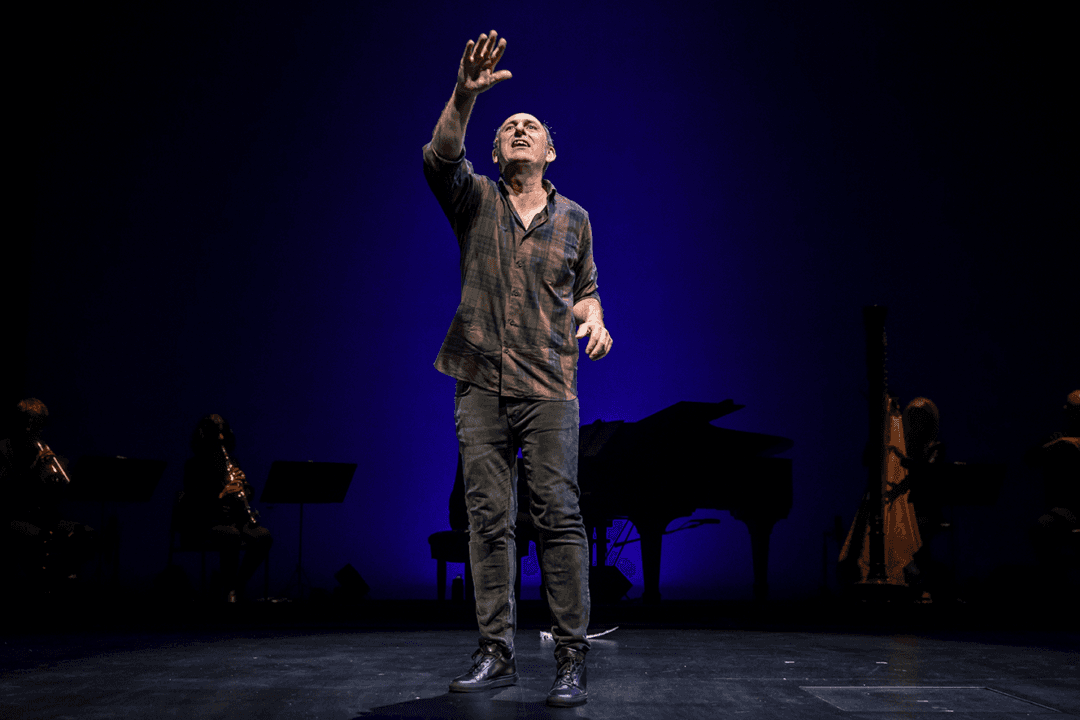NEW YORK—One-person shows are generally not my cup of tea, but David Cale’s autobiographical musical “We’re Only Alive for a Short Amount of Time” grabs at one’s emotions. He tells of growing up in the industrial town of Luton, once described, he says, as “the ugliest city in England.”
Things weren’t very pleasant at home either, as his alcoholic dad, Ron Egleton, made life miserable for his wife, Barbara.





